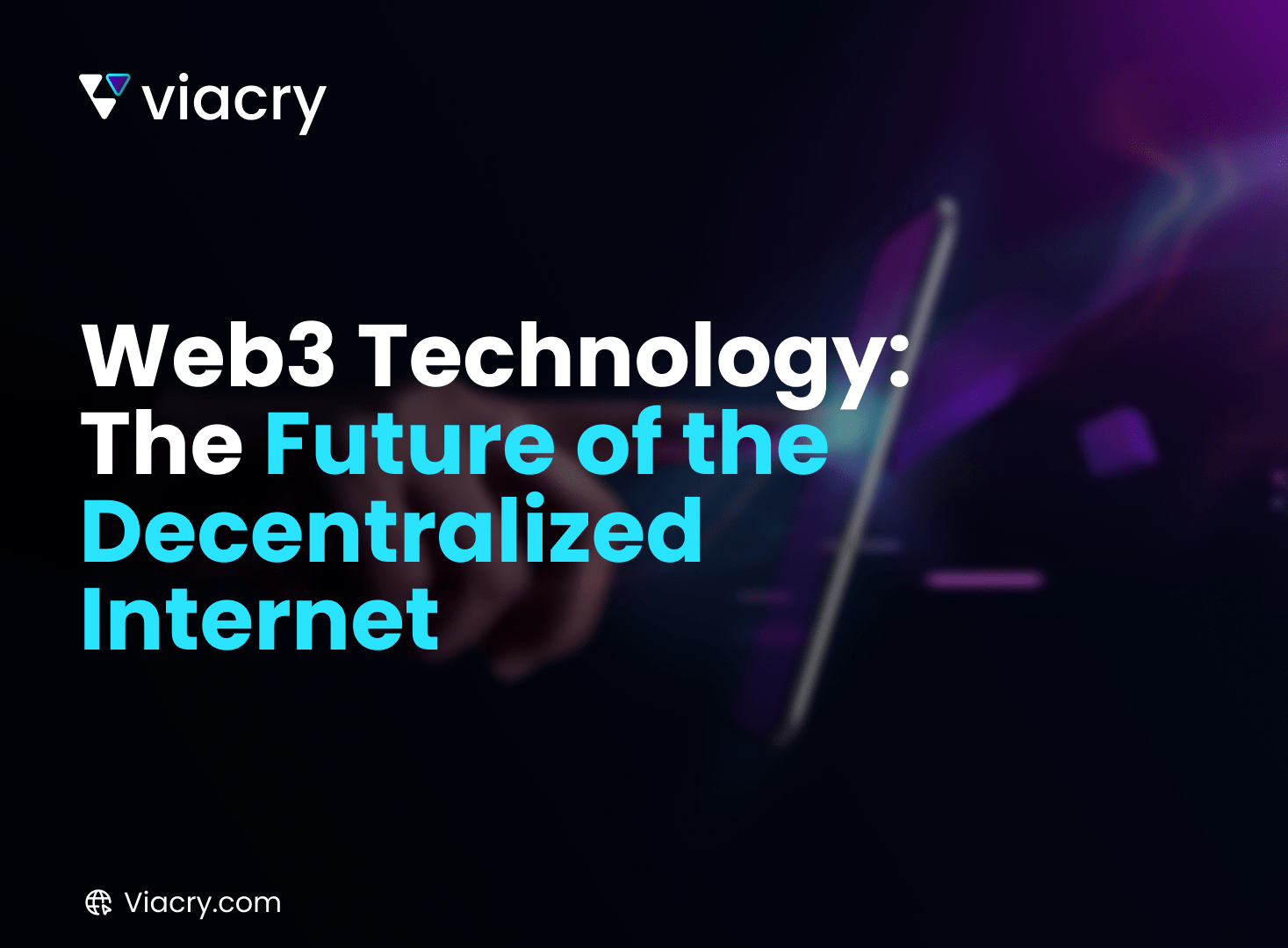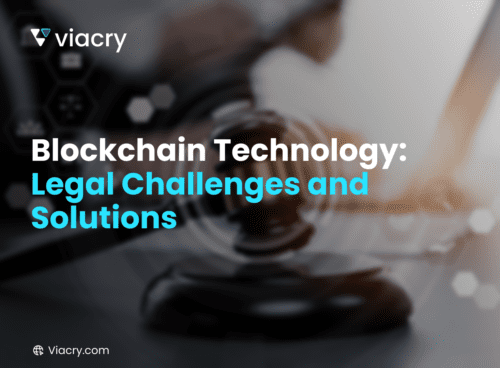What is Web3 Technology?
Web3 technology is the next generation of the internet, built on decentralization and blockchain technology. It revolutionizes industries by enabling peer-to-peer transactions, enhancing data privacy, and empowering individuals with control over their digital assets. Web3 opens up new opportunities for innovation, such as decentralized finance (DeFi) and applications (dApps), promoting financial inclusivity and global collaboration. It represents the future of a democratic, transparent, and resilient online infrastructure.
Key Features of Web3 Technology
Web3 technology differentiates itself from Web1 and Web2 through its key features. At its core, Web3 is characterized by decentralization, which shifts power from centralized authorities to a distributed network of participants. This decentralized architecture is made possible by utilizing blockchains, which are transparent, immutable, and secure digital ledgers. Unlike the static nature of Web1, Web3 represents the evolution to Web 3.0, enabling dynamic and interactive experiences for users. It builds upon the foundations of Web2, introducing user-generated content, social media, and interactive web applications.
The integration of blockchain technology in Web3 brings advantages such as tamper-resistant and transparent transaction records, secure peer-to-peer transactions, and reduced reliance on intermediaries. Web3 also extends the principles of the world wide web and incorporates the semantic web, enabling machines to understand and interpret data, leading to more intelligent and personalized experiences. In summary, Web3 technology’s key features include decentralization through blockchains, the evolution to Web 3.0, and the integration of the world wide web and semantic web principles, contributing to a more secure, transparent, and user-centric internet ecosystem.
Applications of Web3 Technology
Web3 technology has revolutionized the digital landscape with applications such as cryptocurrencies and decentralized finance (DeFi). Cryptocurrencies utilize blockchain technology for secure and transparent transactions, while DeFi platforms enable individuals to access financial services without intermediaries. Additionally, the rise of non-fungible tokens (NFTs) has showcased the potential for tokenization and ownership representation in various industries. These applications highlight the transformative power of Web3 in reshaping the digital economy.





